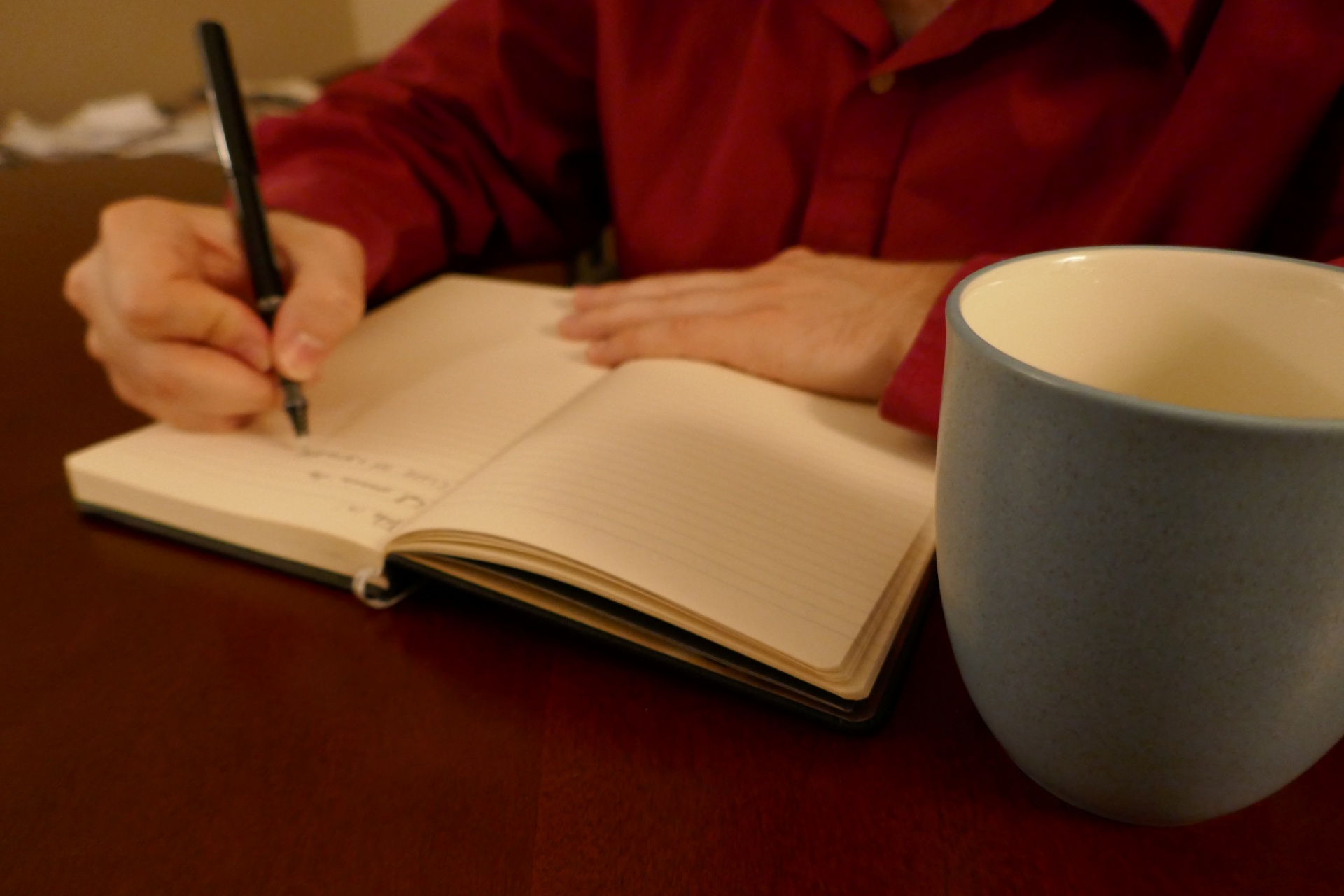RSP - OA


 What is Rights Retention?
What is Rights Retention?
Whenever you publish your work with a journal, you are typically required to sign a Copyright Transfer Agreement (CTA) that gives the publisher the rights to your work such that they can distribute it. However, these agreements usually apply limitations on how you can share your work, even on versions beside the final published paper.
Rights Retention is a new strategy developed by the Open Access movement with the aim of ensuring authors retain the rights to the accepted manuscripts of their papers. This allows authors to share their accepted manuscripts under an irrevocable CC BY licence, allowing them permanent ownership over their work. Authors will then be able to share their work with colleagues, on academic social media sites like ResearchGate, and in their institutional repositories.
A number of funders, including UKRI, NIHR, Horizon Europe and Wellcome Trust, have incorporated Rights Retention into their Open Access policies, in order to support their requirement that articles are made openly available immediately at the point of publication.
Rights Retention is achieved by including a short Rights Retention Statement to the submitted version of your manuscript (in the acknowledgements or other appropriate section). This has to be done at the point of submission, as publishers can refuse to allow the statement to be applied retrospectively.
Frequently Asked Questions
Will Rights Retention limit my publishing options? How will publishers respond?
No, it is unlikely that a publisher will reject your paper based on the inclusion of Rights Retention language. Other universities including Edinburgh University and Sheffield Hallam have reached out to publishers to inform them about their academic's intended use of rights retention, and whilst publishers were reluctant, the majority accepted Rights Retention.
Should I still sign my Copyright Transfer Agreement even if it claims ownership of the Accepted Manuscript?
Yes, the CC BY licence is irrevocable and your Rights Retention Statement overrides anything you agree to in the Copyright Transfer Agreement. Even if the CTA claims to apply restrictions to your Accepted Manuscript, you still retain the rights over it.
Should I still include a Rights Retention Statement if I'm publishing in an Open Access Journal/planning to make the article Gold Open Access?
Yes, you should apply the statement to all your publications to inform the publisher that you retain the rights to your accepted manuscript.
I used a Rights Retention Statement and now my publisher is pressuring me to publish the article via a Gold Open Access route, what should I do?
Simply because you included Rights Retention language, it does not mean that you have to follow the Gold Open Access route if you do not wish. You should push back against the publisher and request to follow the subscription route, and if you face further problems, the Open Research and Scholarly Publications team should be able to help. If you do wish to publish Gold Open Access, we also offer some support with paying APCs.
What should I do if I run into trouble?
Contact the Open Research and Scholarly Publications team. We will be able to advise on how best to proceed in line with your institutional and/or funder's requirements.
Rights Retention Statements
Horizon Europe
"This work was funded by the Εuropean Union under the Horizon Europe grant [grant number]. As set out in the Grant Agreement, beneficiaries must ensure that at the latest at the time of publication, open access is provided via a trusted repository to the published version or the final peer-reviewed manuscript accepted for publication under the latest available version of the Creative Commons Attribution International Public Licence (CC BY) or a licence with equivalent rights."
NIHR
"For the purpose of open access, the author has applied a Creative Commons Attribution (CC BY) licence to any Author Accepted Manuscript version arising."
Templeton World
“This research was funded in whole or in part by Templeton World Charity Foundation [Grant number]. For the purpose of open access, the author has applied a CC-BY public copyright licence to any author accepted manuscript version arising from this submission.”
UKRI
"For the purpose of open access, the author(s) has applied a Creative Commons Attribution (CC BY) licence to any Author Accepted Manuscript version arising"
Welcome Trust
“This research was funded in whole, or in part, by the Wellcome Trust [Grant number]. For the purpose of open access, the author has applied a CC BY public copyright licence to any Author Accepted Manuscript version arising from this submission.”
Contact Us📍 Where to find us:
|
✉️ Email: oa.lib@coventry.ac.uk
|
|
- Last Updated: Apr 3, 2025 9:39 AM
- URL: https://libguides.coventry.ac.uk/rsp/oa
- Print Page
Coventry University
Frederick Lanchester Building
Gosford Street
Coventry, United Kingdom
CV1 5DD
Telephone:+44 (0) 24 7765 7575
Email: ask-a-librarian.lib@coventry.ac.uk


